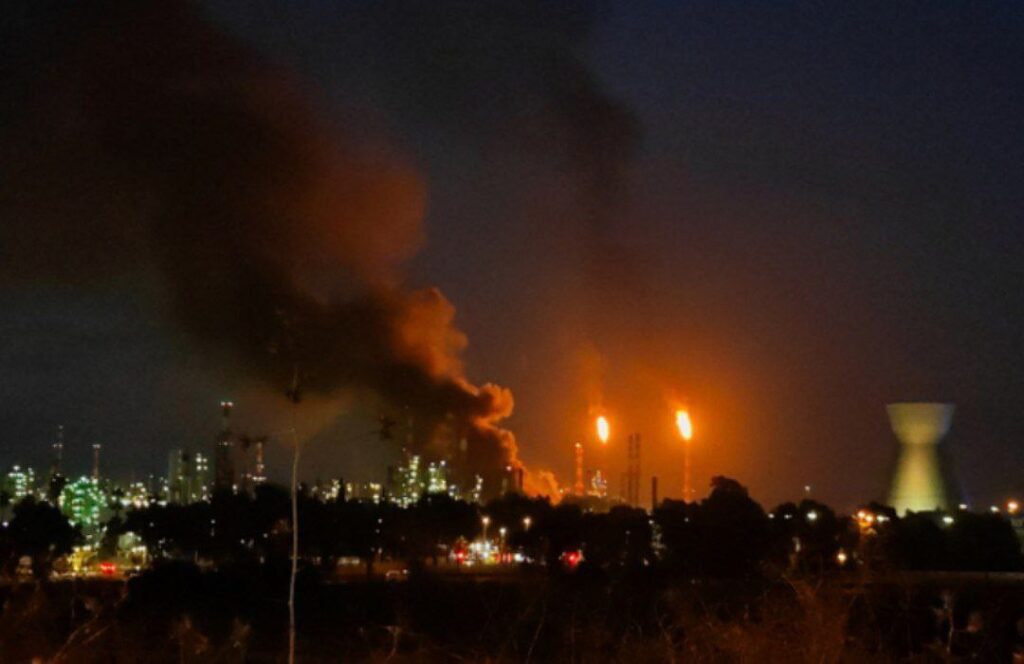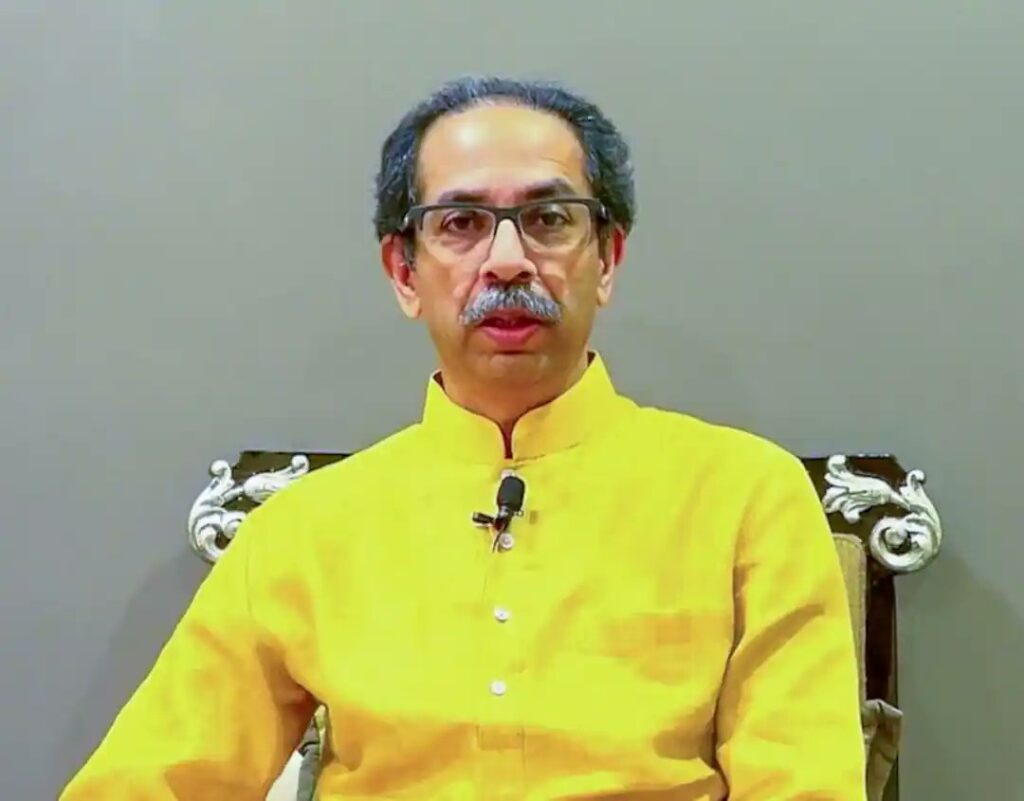Israel-Iran War Escalates: Oil Refinery Bombed, TV Studio Struck Live On Air
The ongoing Israel-Iran conflict took a dramatic and violent turn as both nations escalated their retaliatory strikes with devastating precision. In a single night of attacks, an Iranian missile strike on the Bazan Oil Refinery in Haifa Bay killed three people and forced the shutdown of one of Israel’s major energy facilities. Meanwhile, Israel responded with a bold airstrike on Iran’s state television building — during a live broadcast — setting the studio on fire and prompting a diplomatic outcry.
Iran’s Missile Strike Cripples Bazan Oil Refinery in Haifa
Iran delivered a powerful message by targeting the Bazan Group’s oil refinery in Haifa Bay, a key pillar in Israel’s energy infrastructure. According to initial reports, three people were killed in the overnight missile strike, and all operations at the refinery were halted. The Bazan Group, which plays a critical role in Israel’s domestic oil supply, is now working with the Israeli Electric Company to restore electricity and assess damages.
Oil refinery in #Haifa destroyed by #Iranian ballistic missiles pic.twitter.com/5fmIXZxo5h
— Zeitung (@Himat75) June 14, 2025
The implications of this strike are far-reaching. Not only does it highlight Iran’s expanding offensive capabilities, but it also signals a shift towards targeting civilian energy infrastructure, which could potentially cripple Israel’s industrial backbone if attacks continue. This marks a departure from traditional military-only targets, pushing the war deeper into the daily life of citizens.
While the Israeli defense systems have intercepted dozens of Iranian missiles in recent days, the strike on Haifa underscores that not all threats can be neutralized. The Bazan attack appears to be both a strategic and psychological blow, designed to rattle Israel’s sense of domestic security and disrupt essential services.
Israel Hits Back: Iranian State TV Bombed Live On Air
In what may go down as one of the most visually striking moments of the war, an Israeli airstrike hit Iran’s state TV headquarters (IRIB) during a live broadcast. As flames engulfed the building, Iranian media condemned the attack as a “war crime” and called on the United Nations Security Council to intervene.
This is Iran state broadcaster Islamic Republic of Iran News Network (IRINN) Headquarter in Tehran.
— Incognito (@Incognito_qfs) June 16, 2025
Israel claimed it was being used by terrorists as shelter.
For now....Iran need to find a new place to run their propaganda. pic.twitter.com/9RyWvRnEod
This was not just an act of warfare — it was a symbolic blow aimed at the heart of Iran’s propaganda machinery. By targeting the live broadcasting hub, Israel effectively delivered a chilling message: “We can strike you anytime, anywhere.”
Iran, however, downplayed Israel’s other claim — that it destroyed Iranian F-14 fighter jets at Tehran’s Mehrabad International Airport. Iranian outlets stated that those were mere decoys, not actual combat aircraft, suggesting Israel’s intelligence may have been fed disinformation.
Nevertheless, this precision strike on a high-profile media installation represents a clear shift to psychological warfare, with each side now looking to undermine not only military strength but national morale. From Haifa to Tehran, the latest round of strikes between Israel and Iran showcases a dangerous evolution in this shadow war. Civilians, critical infrastructure, and even broadcast studios have now become targets in a conflict that refuses to remain limited to battlefields.
As both nations dig deeper into a high-tech, multi-domain confrontation, the risk of wider regional instability grows. What started as tit-for-tat military action is fast becoming a war where economic, psychological, and symbolic targets are fair game. Whether the international community steps in or continues to watch from the sidelines could determine whether this firestorm escalates into something far worse.





















